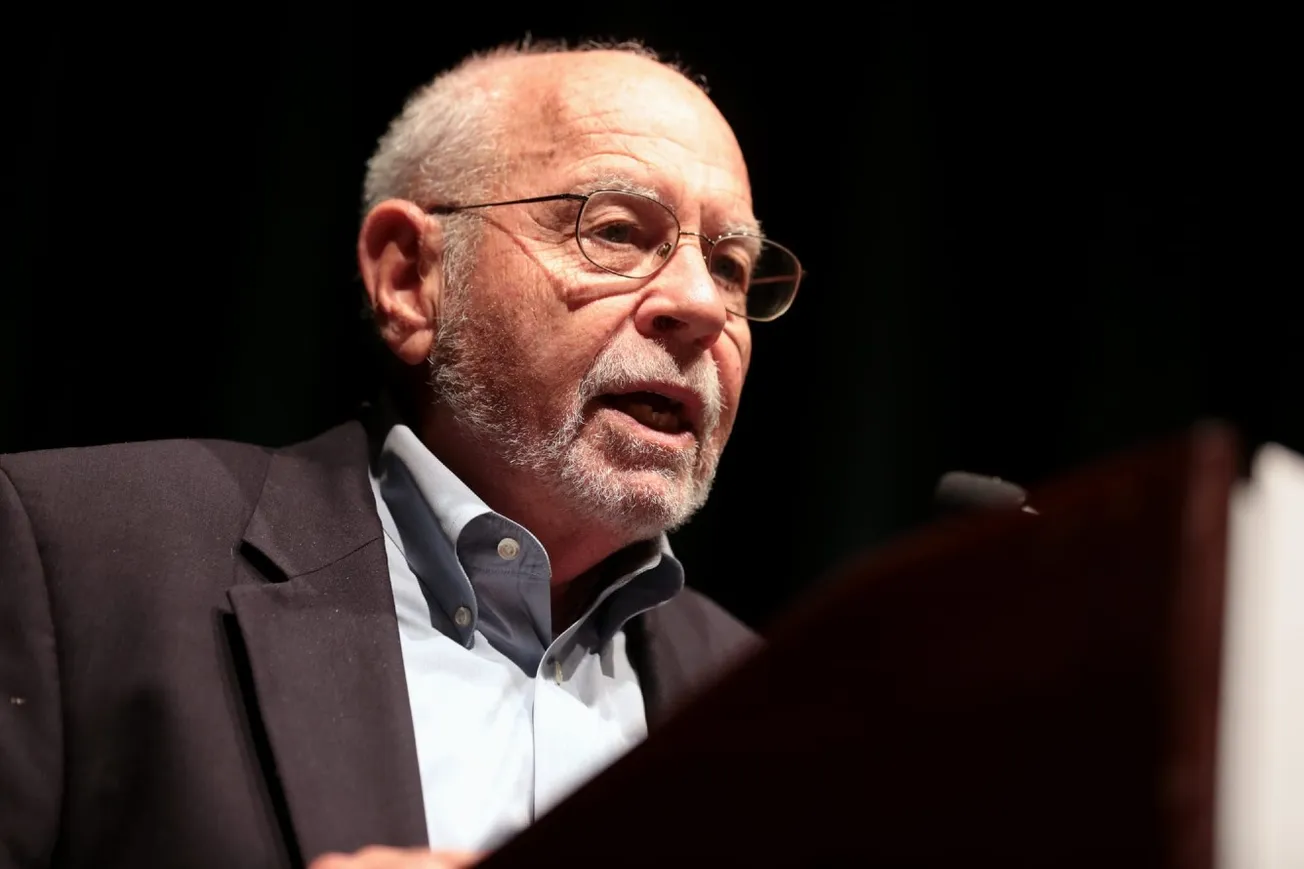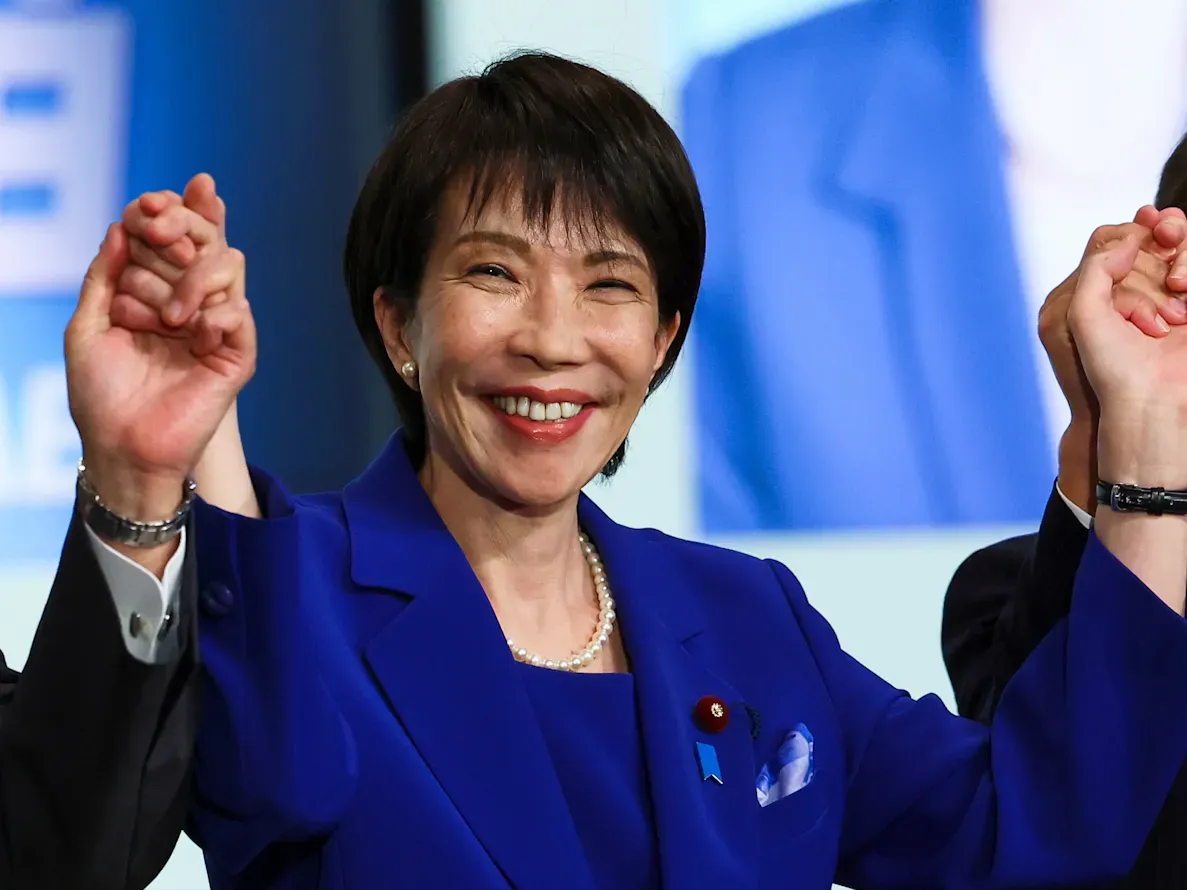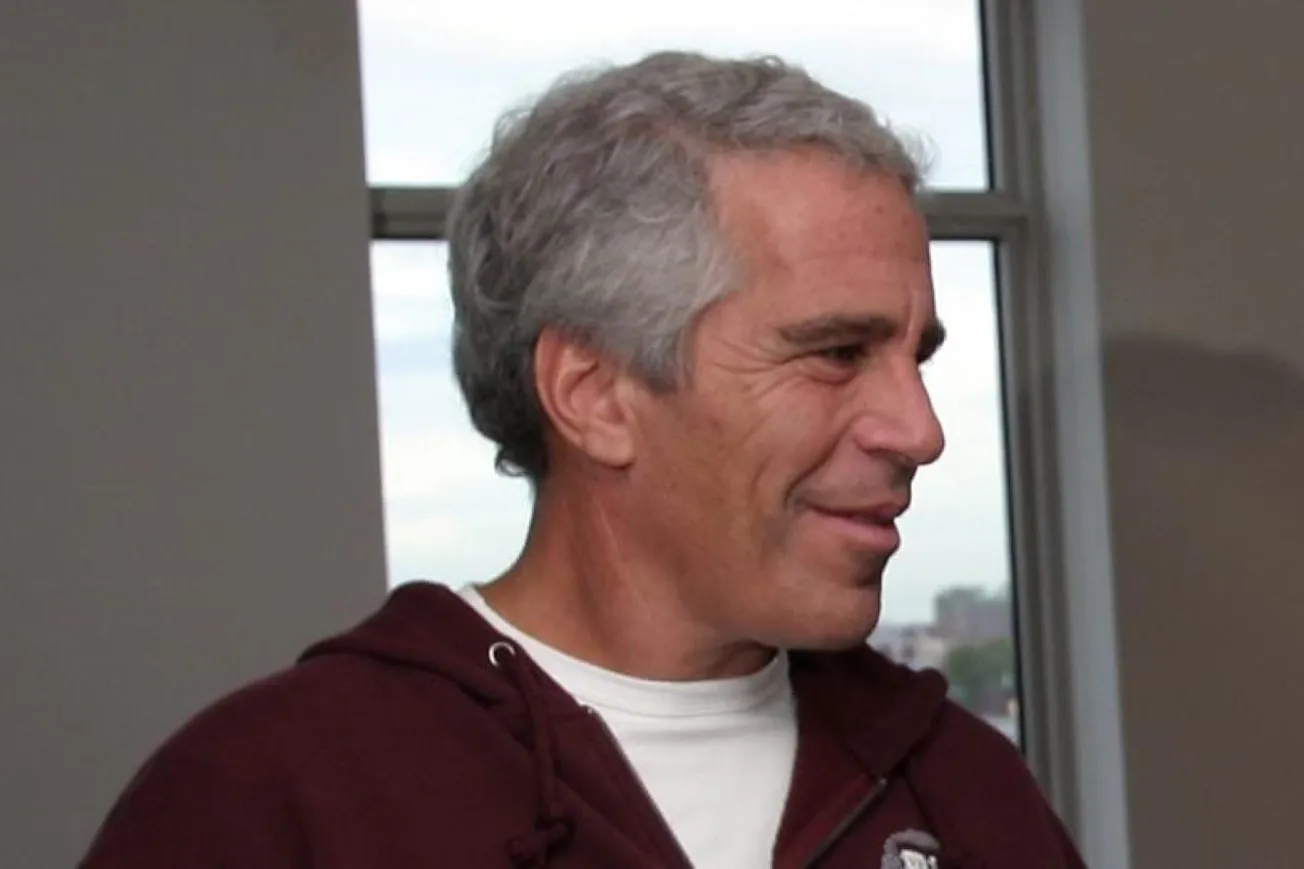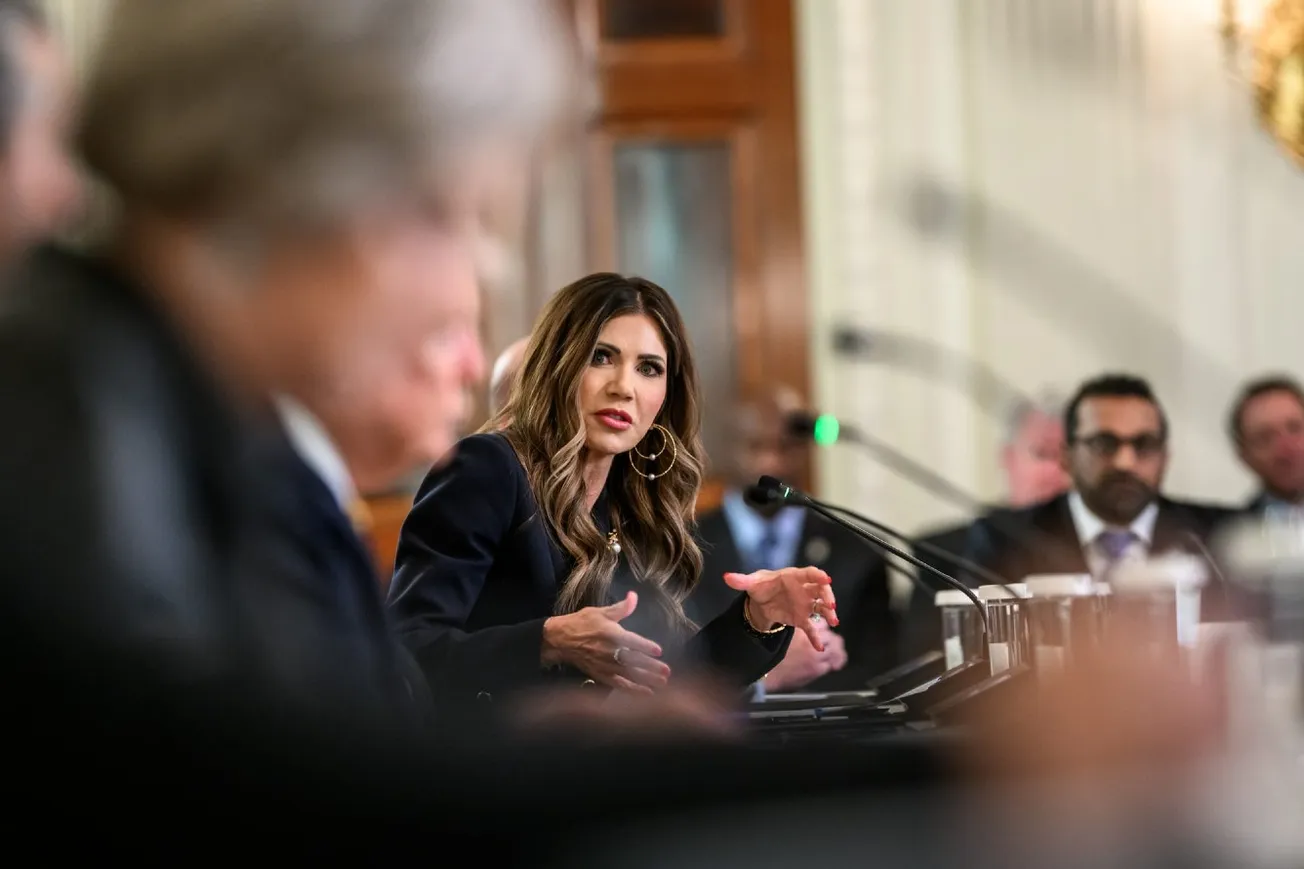By Issues & Insights Editorial Board | January 09, 2025
Costco’s board of directors has been winning plenty of praise lately for defending its “diversity, equity, and inclusion” program against a shareholder proposal put forth by a conservative group. It deserves none of it.
The proposal, widely – and wrongly – described as a plan to dismantle Costco’s DEI program, says simply this:
Resolved: Shareholders request that the Board conduct an evaluation and publish a report, omitting proprietary and privileged information, on the risks of the Company maintaining its current DEI (including ‘People & Communities’) roles, policies and goals.
The pundit class described the board’s rejection of the proposal as a brave defense of DEI against right-wing bullies, one that was “notable in its forcefulness,” that set Costco “apart from other major companies,” and that “resets the conversation.”
What the board’s response really amounts to is this: Let’s keep our heads in the sand.
The statement starts by saying “The report requested by this proposal would not provide meaningful additional information to our shareholders.”
How would they know that without actually studying the risks and costs and letting shareholders decide for themselves if the information is meaningful?
What follows is just a recitation of the bromides that DEI advocates have been spitting out for years. Diversity is our strength. Our workers should reflect our customers. It’s good for the bottom line. Etc., etc.
Then the board launches into an ad hominem attack on the National Center for Public Policy Research, which filed the proposal. When it comes to diversity and inclusion, only certain viewpoints qualify.
The Costco board says that the only reason companies face risks from their DEI policies is because groups such as the NCPPR “are responsible for inflicting burdens on companies with their challenges to longstanding diversity programs.”
The board completely ignores the legitimate and widespread concern that DEI is, at its core, an effort to institutionalize discrimination, that it fosters conflict, and that it does a disservice to the notion that performance, not membership in some protected class, is what counts.
The board concludes by saying that the NCPPR’s “request for a study reflects a policy bias with which we disagree.”
In other words: We don’t like your politics, so you have no business asking us to do anything we don’t want to.
This is far from a compelling defense of DEI.
Meanwhile, the evidence piles up that DEI isn’t the winning business strategy its proponents claim. Pamela N. Danziger, writing in Forbes, points out that:
The business case supporting DEI programs and their ideological underpinnings is losing ground as more research emerges, like the study published by professors Jeremiah Green and John R.M. Hand in the Econ Journal Watch.
They tried to replicate numerous studies by McKinsey that served as a foundation for corporate DEI programs and found the McKinsey studies flawed.
‘[O]ur results indicate that despite the imprimatur often given to McKinsey’s 2015, 2018, 2020, and 2023 studies, McKinsey’s studies neither conceptually … nor empirically … support the argument that large US public firms can expect on average to deliver improved financial performance if they increase the racial/ethnic diversity of their executives,’ they wrote.”
And, in today’s environment, there are very real business and investor risks from being “woke,” which is where DEI programs eventually lead a company.
Just a few weeks ago, the 5th Circuit Court of Appeals struck down a 2021 Nasdaq rule requiring companies listed on the exchange to have two “diversity” board members.
Instead of attacking the NCPPR, Costco could have done what McDonalds did, which was to conduct a comprehensive review of its DEI machinery to see what was working and what wasn’t. This week, McDonalds announced it is dialing back some DEI programs.
If Costco’s board is so convinced that its DEI program is beyond reproach, it too would welcome such a study, instead of hiding behind platitudes and ideological attacks. Shareholders should tell the board members as much when they vote on the proposal two weeks from today.
Issues & Insights was founded by seasoned journalists of the IBD Editorials page. Our mission is to provide timely, fact-based reporting and deeply informed analysis on the news of the day – without fear or favor.
Original article link









